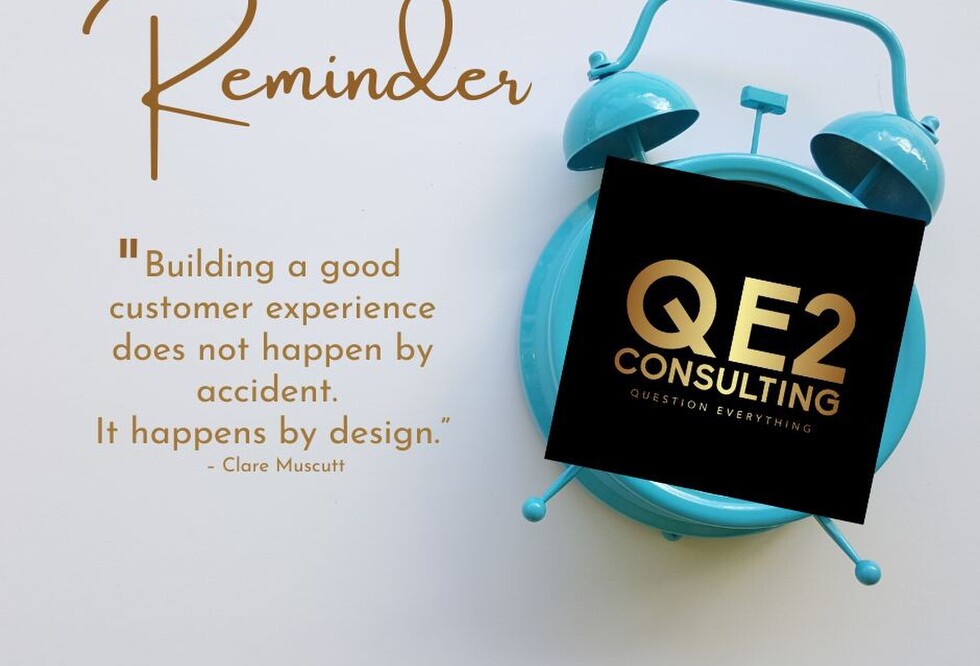“I know that’s what I said, but that’s not what I meant.”
By understanding our behaviour and emotional intelligence we can have a greater awareness of ourselves and others. We are more likely to make deliberate choices when interacting with others to improve communication so that we create stronger, more engaged and more productive relationships.
Our behaviour is influenced by numerous things, including the environment we are in and our perception of things.
Our emotions are influenced by our past, our values and external stimuli. This is when our fight / flight / freeze kicks in. It influences our behaviour and whether we respond or react to any given situation.
When we are meeting up with people we know, like & trust, our emotions are positive and we respond accordingly.
When we are due to go into a meeting of the unknown, our emotions can be less desirable, the adrenaline hormone may start to kick in and we become more reactive than responsive.
When this happens, we often get “blinkers” on. We become less likely to be open to seeing things from a different perspective and a cycle of conflict can follow – it may be internal (with self) or external (with others).
If we respond to someone else’s reaction, with empathy and respect, we may be on the receiving end of a comment such as: “I know that’s what I said, but that’s not what I meant.” This is because when we are in reactive mode, we use our emotional brain, not our logical brain. Whilst it seems like a cliche, it is often true and that person is, in their own way, being vulnerable with you.
By asking a few open ended (there’s a big key!), questions, we can ascertain what they actually did mean and are in a much favourable position to help them.
To help break down some of the communication barriers, this blog features words that crop up regularly in my workshops combined with some structure / tools to help you elicit engaging conversations. (Updated monthly)
Frustration is such a common emotion and often we assume that we know what someone is frustrated at.
Here are some workplace considerations, from clients who expressed “frustrated” as one of their undesired emotions that they were experiencing:
- Insufficient instructions or communication on expectations
- Not being listened to
- Constantly fixing other people’s errors
- Equipment faults
- Supply delays
- Instructions keep changing
- Environmental issues
- Personality clashes
- Workload too much (or not enough)
- Lack of direction
It may even help to view this as an opportunity for growth and improvement in your business, from someone in the operational area, not as a complaint.


